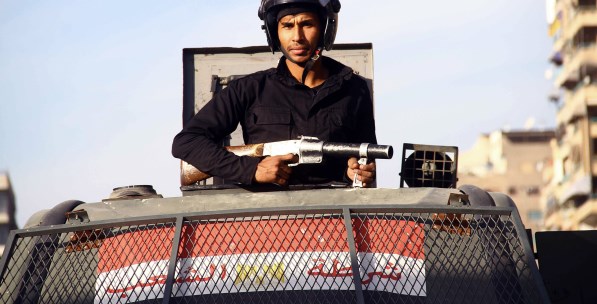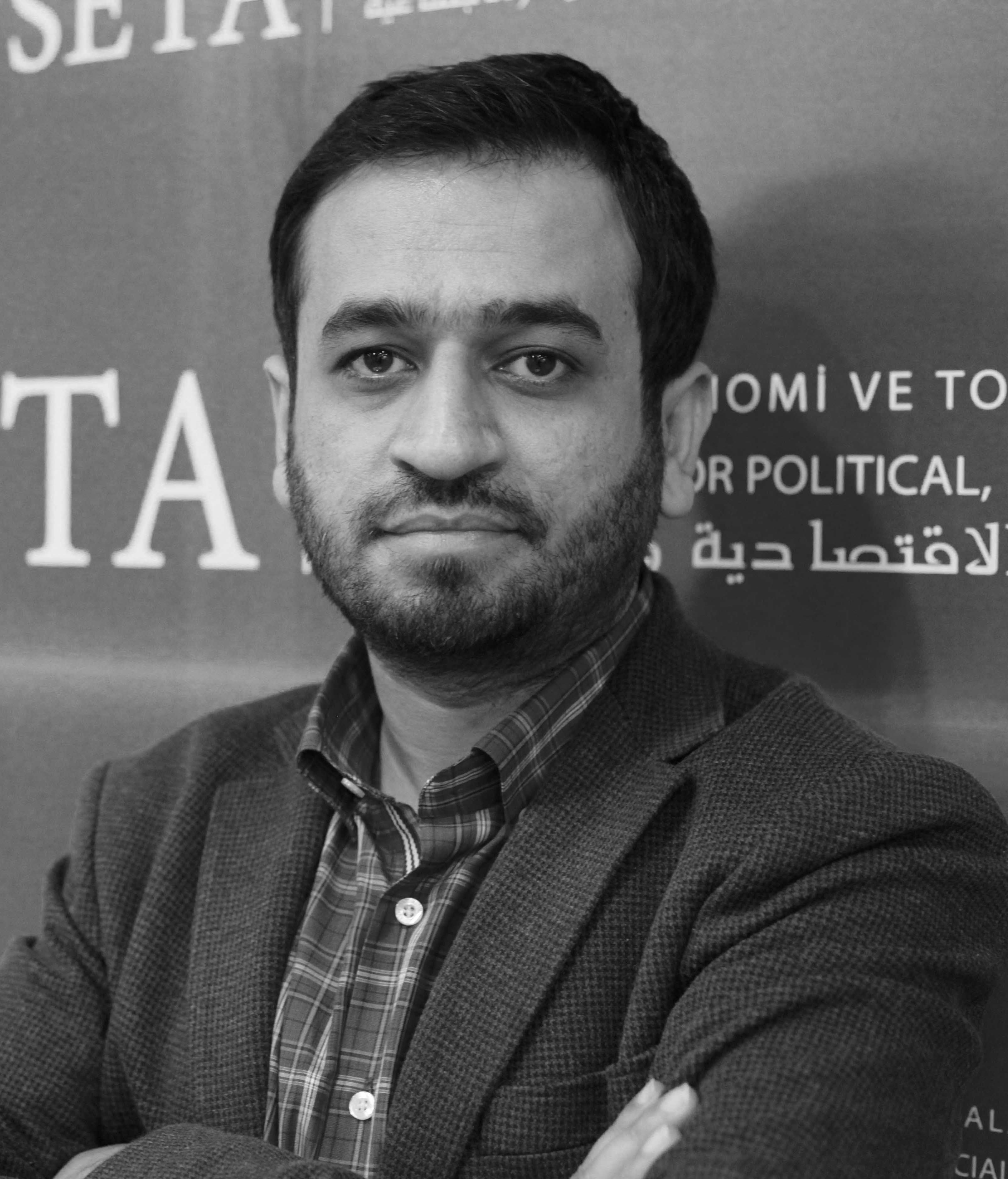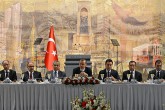In the aftermath of the July 3, 2013 military coup d’état in Egypt, the 50-membered committee formed by the Interim President Adli Mansour to replace the 2012 Constitution with a new one has prepared a draft under the leadership of Amr Mousa following long and heated debates and presented the draft to the President.1 Mansour is expected to take the new Constitution to vote for a referendum in January 2014; therefore, political parties and movements have already launched a campaign process.2 The legitimacy of the 2012 Constitution, prepared during the period of the ousted President Mohammed Morsi, had been criticized claiming that it was a product of a committee having Islamic tendencies. There is a new Constitution before us now that institutionalizes the Military-Judiciary-Police State and narrows the sphere of civilian politics in the post-coup period, and paradoxically is dominated by completely secular, liberal and Naserist positions.
THE CONSTITUTION OF THE COUP
Formed by Mansour the Committee consists of almost completely secular-liberal and Naserist figures (with a few exceptions). In the preamble of the draft Constitution prepared by this committee, the period between January 25, 2013 and June 30, 2013 (the July 3, 2013 coup period) is described as a period of consecutive revolutions. The draft also includes significant changes compared to the 2012 Constitution. Despite the pressure of the Christian members of the committee, Article 2, which states the Sheria as the source of legislation, is preserved as is. However, the authority of auditing and interpretation changes hand from Al Azhar to the Constitutional Court. Therefore, the relevant article symbolically remains untouched in order to maintain people’s support as a result of a populist approach. The two-wing parliamentary system is changed and the Shura Council is abolished. Quotas for peasants and laborers in the Parliament are eliminated. The autonomy granted by the 2012 Constitution to the Azhar Sheikhdom and Al Azhar University, both of which had been rewarded for their support of the coup, is preserved in the draft. With Article 74, political parties formed on the basis of religion or racial discrimination shall be banned in a fashion similar to the 1971 Constitution. The process of closing all political parties with Islamic tendency, including the Freedom and Justice Party, is legitimized in the draft text. Since no consensus has been reached on whether or not the Parliamentary electoral list will be a party-list or an individual list, it is left to the authority of the President to decide; again, whether or not the presidential election or the parliamentary elections will be held is also left to the President to decide. According to Article 102, the President shall have the authority to directly select 5 percent of the Parliamentary members and appoint a Prime Minister to form a Cabinet; however, the support of parliamentary majority is required. If the parliamentary majority is unfulfilled, the President shall appoint another person. If the Prime Minister and his Cabinet fail to have the vote of confidence within 30 days, a new round of Parliamentary elections shall be held. If two thirds of the Parliamentary members withdraw their vote of confidence from the President, the support given to the President shall be questioned by a referendum. If the President fails to reach 50 percent of the votes, a new round of Presidential race shall take place. The President shall appoint governors as well.
THE BUREAUCRATIC JUNTA
The spirit of the Constitution is seen in the articles reshaping the system of the state and protecting the bureaucracy from administration by the civilian politics. The state institutions, such as the Military, the Police and the Judiciary which removed the President Morsi from office by manipulating secular and liberal political parties and movements, have what they want and fortified their positions. With the new Constitution, the Military has almost become



